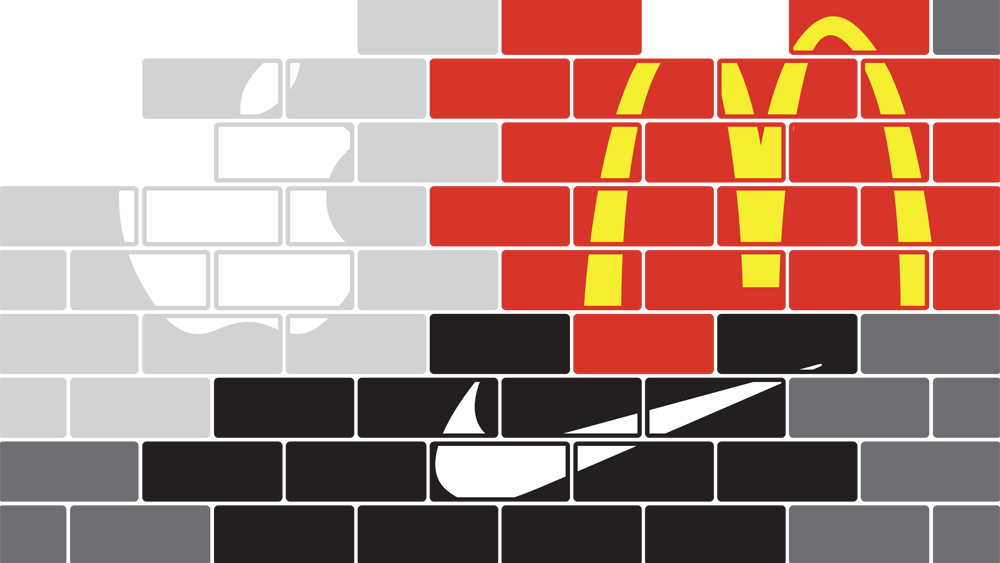How the New ‘Lack of Loyalty’ Impacts Your Brand

Brand loyalty. Historically, customers rewarded consumer product companies with their consistent purchases. But times have changed. According to Catalina, a consumer loyalty firm, 90% of the leading household goods brands are losing market share. Why? Lack of Loyalty. Consumers are not as loyal to brands as they once were because ‘loyalty’ is no longer relevant.
Today, loyalty means remaining the same and not exploring alternatives in a world where options are limitless, and this does not excite young people. They think change is good. What impact does this have on you as an employer? An enormous one.
If you asked 100 Millennials if they want to work in one company for the next 30 years, chances are you would hear 100 people say, “No thank you.” The US Bureau of Labor Statistics estimates that by 2020, up to 60 million people (or 40% of the total workforce) will be working for themselves, meaning they won’t be working for you. Currently, 15.5 million people work for themselves, so unless jobs decline by 45 million in the next year, the US will soon experience a labor shortage unlike anything it has ever seen.
WHAT CAN I DO? What can employers do to attract their fair share of workers in an environment where the labor pool and loyalty are shrinking? Create an amazing culture. It’s your only chance. Why? Because although younger workers like change, they are less likely to leave if they trust leaders, feel an emotional connection to your brand, and their needs are being met. Create an amazing culture and you will – in a sense – be creating brand loyalty: employees rewarding you with their consistent employment. Want to know more? Attend a free Jill Christensen International webinar or live event and learn my proven four-step strategy to create a work environment that no one can imagine leaving.

